Seed Grants
Grand Challenges Seed Grants support interdisciplinary, innovative, and impactful proposals across the School of Education. Twenty faculty-led teams applied for Seed Grants, of up to $75,000 each, in one of three focus areas: education, health, and the arts. In May 2019, three awards were made in each area to grow audacious ideas.
Seed Grant Award Recipients in the Arts
-
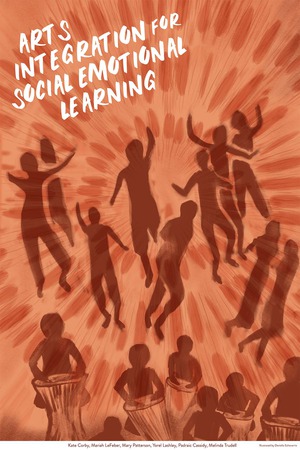
Arts-integration for Social Emotional Learning
-
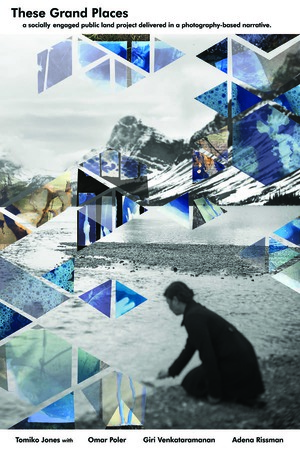
These Grand Places
-
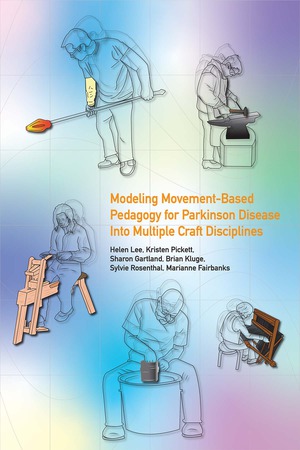
Modeling Movement-Based Pedagogy for Parkinson Disease into Multiple Craft Disciplines
Seed Grant Award Recipients in Education
-
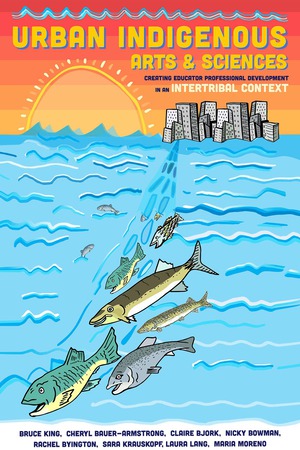
Urban Indigenous Arts and Sciences: Creating Educator Professional Development in an Intertribal Context
-
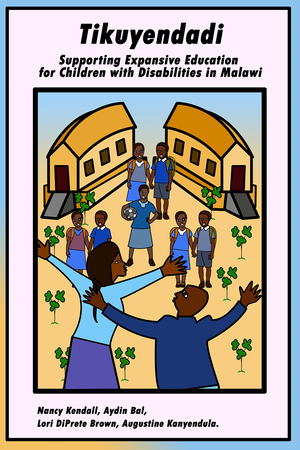
Tikuyendadi: Supporting Expansive Education for Children with Disabilities in Malawi
-
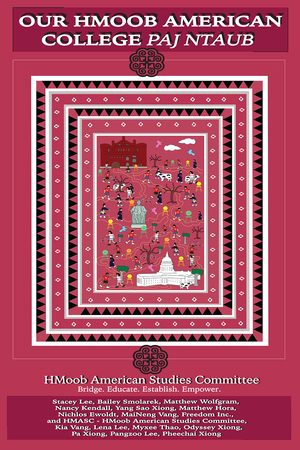
Our Hmoob American College Paj Ntaub
Seed Grant Award Recipients in Health
-
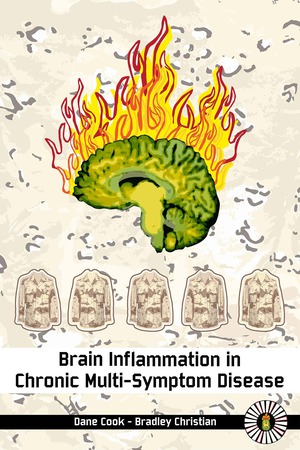
Brain Inflammation in Chronic Multi-Symptom Disease
-
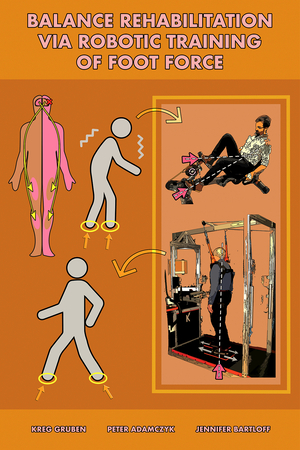
Balance Rehabilitation via Robotic Training of Foot-Force
-
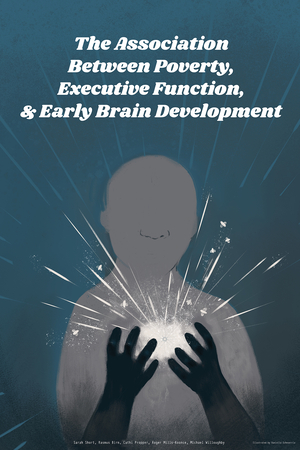
The Association Between Poverty, Executive Function, and Early Brain Development

More Seed Proposals in the Arts
-
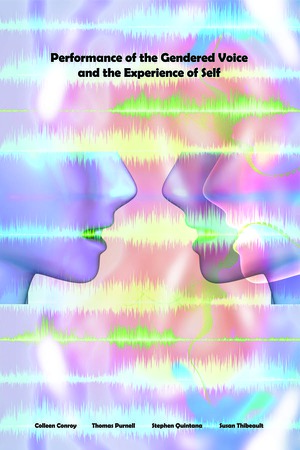
Performance of the Gendered Voice and the Experience of Self
-
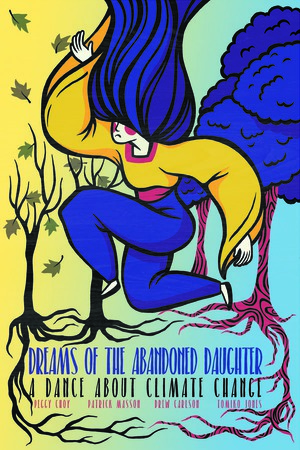
Dreams of the Abandoned Daughter: A Dance About Climate Change
More Seed Proposals in Education
-
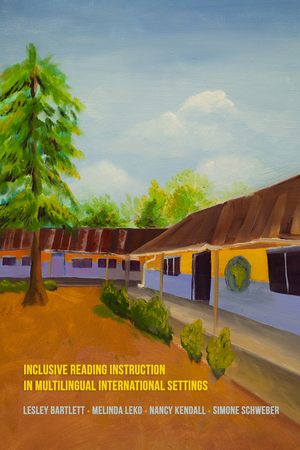
Inclusive Reading Instruction in Multilingual International Settings
-
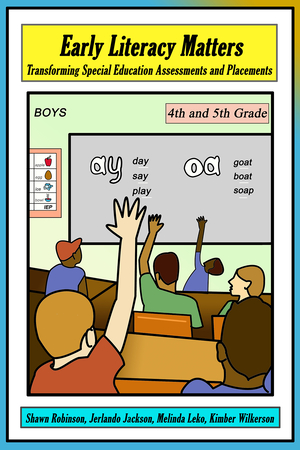
Early Literacy Matters: Transforming Special Education Assessments and Placements
-
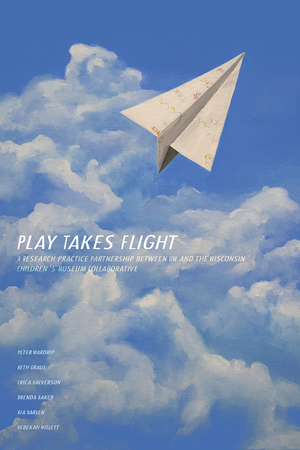
Play Takes Flight: A Research-Practice Partnership
-
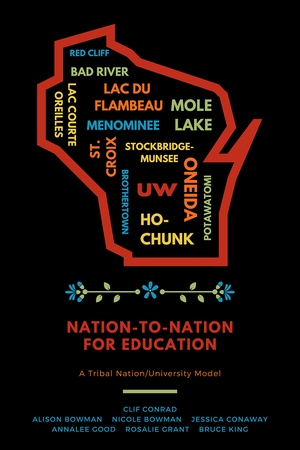
Nation-to-Nation for Education: A Tribal Nation/University Model
-
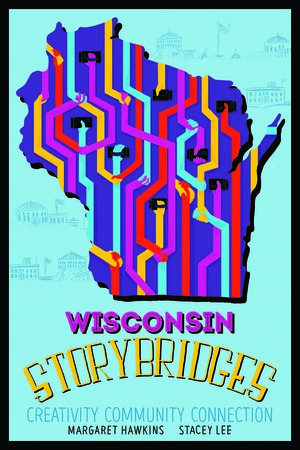
Wisconsin StoryBridges
More Seed Proposals in Health
-
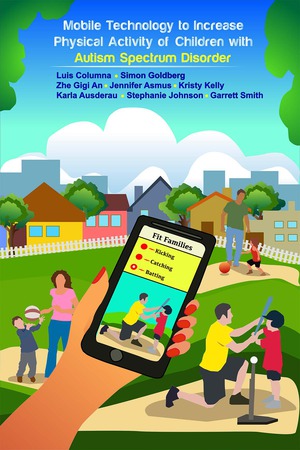
Mobile Technology to Increase Physical Activity of Children with Autism Spectrum Disorder (ASD)
-
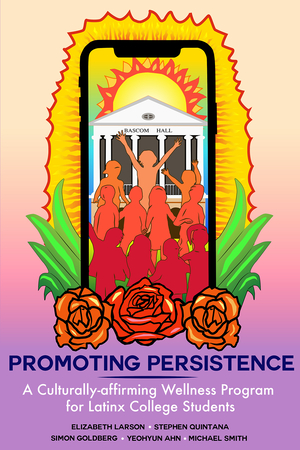
Promoting Persistence: A Culturally Affirming Wellness Program for Latinx College Students
-
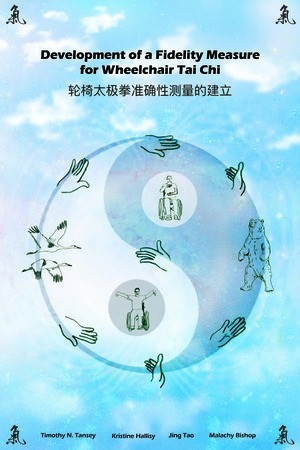
Development of a Fidelity Measure for a Wheelchair Tai Chi Intervention
-
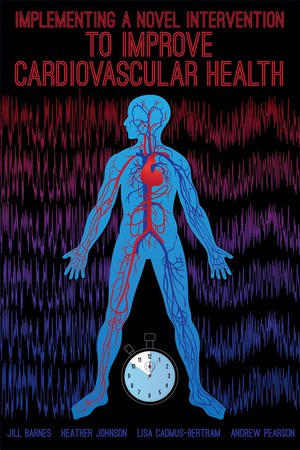
Implementing a Novel Intervention to Improve Cardiovascular Health

Contact us at grandchallenges@education.wisc.edu
if you would like to get in touch with any of our teams.






















